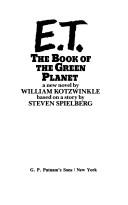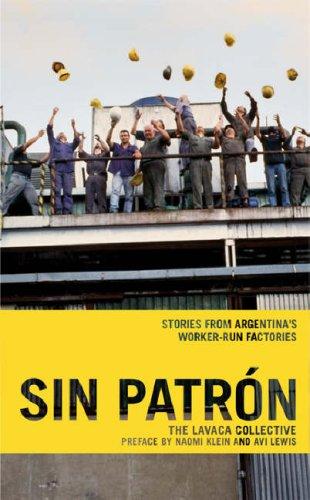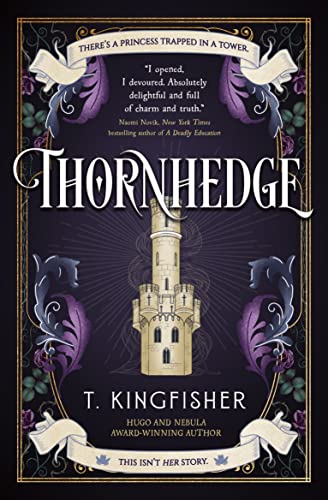loppear reviewed Sin Patrón by Lavaca Collective
collective labor
4 stars
The collective's introduction describes the debt-fueled consolidation and abdication of ownership in Argentina precipitating collapse in 2001; the accounts and interviews that follow reveal workers occupying their places of employment out of desperation for missed paychecks and to keep owners from stealing the equipment before bankruptcy, and finding a path in the face of violence and corruption to operate the facilities themselves, with the aid of national economic turmoil and popular support for small-scale intermediate options between nationalization and global capitalism.
The collective's introduction describes the debt-fueled consolidation and abdication of ownership in Argentina precipitating collapse in 2001; the accounts and interviews that follow reveal workers occupying their places of employment out of desperation for missed paychecks and to keep owners from stealing the equipment before bankruptcy, and finding a path in the face of violence and corruption to operate the facilities themselves, with the aid of national economic turmoil and popular support for small-scale intermediate options between nationalization and global capitalism.



















